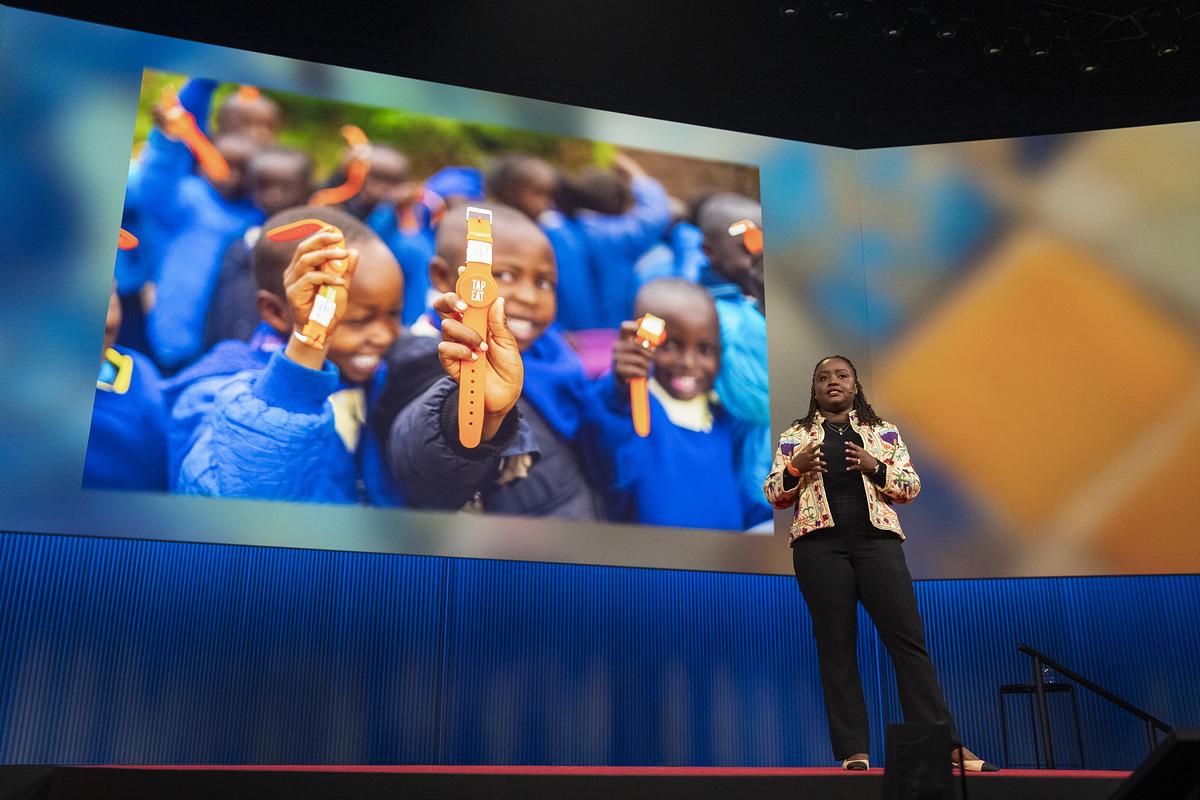

A new TED Talk by Kenyan social entrepreneur Wawira Njiru is earning global
attention for spotlighting Food4Education, the school feeding program she
founded that now delivers over 500,000 meals daily to schoolchildren across
Kenya.
Released today as part of The Audacious Project 2024 cohort under TED2025’s theme Humanity Reimagined, Njiru’s talk — titled From Origin to Opportunity — charts the
program’s journey from a humble kitchen serving 25 children to becoming the
backbone of Kenya’s school feeding infrastructure.
“School feeding isn’t charity, it’s strategy,
it’s infrastructure,” Njiru said in her talk. “It’s how we nourish children,
support farmers, strengthen education, and build systems that last.”
Founded over a decade ago, Food4Education has
grown into a public–private initiative that combines government co-investment,
parent contributions, and philanthropy to run sustainable operations.
Its green kitchens operate on clean energy, meals are locally sourced from
smallholder farmers, and the system uses digital tools to ensure scale and dignity.
Njiru’s message comes at a time of renewed
global interest in school feeding as a tool for sustainable and inclusive
development.
With Africa home to the youngest population in the world, and projections
indicating that 1 in 4 people globally will be African by 2050, the way the
continent addresses nutrition and education today is increasingly viewed as a
critical factor for the planet’s future.
“There’s no debate: school meals are among the
most effective, scalable tools to strengthen food systems, linking education,
nutrition, agriculture, and local economies,” said Shalom Ndiku, Director of
Public Affairs at Food4Education.
Speaking on the sidelines of the UN Food
Systems Summit +4 (UNFSS+4), Ndiku said the initiative was recognized in
Kenya’s national report as a flagship program, highlighting it as a model of
African-led, sustainable intervention.
Njiru’s talk frames hunger not just as a
humanitarian issue, but as a systems challenge.
Her three key messages, that school meals are infrastructure, that
locally-led solutions work, and that Africa can lead the way, resonate beyond
Kenya, tapping into global conversations around food justice, education reform,
and equitable development.
“This is not just a Kenyan story,” Njiru
emphasized. “It’s a global opportunity. We’ve created a sustainable solution
that shows Africa isn’t just solving its own challenges — we’re setting
precedents the world can learn from.”
Food4Education’s
inclusion in TED’s Audacious Project signals growing international interest in
locally designed African innovations with potential to transform communities at
scale.











